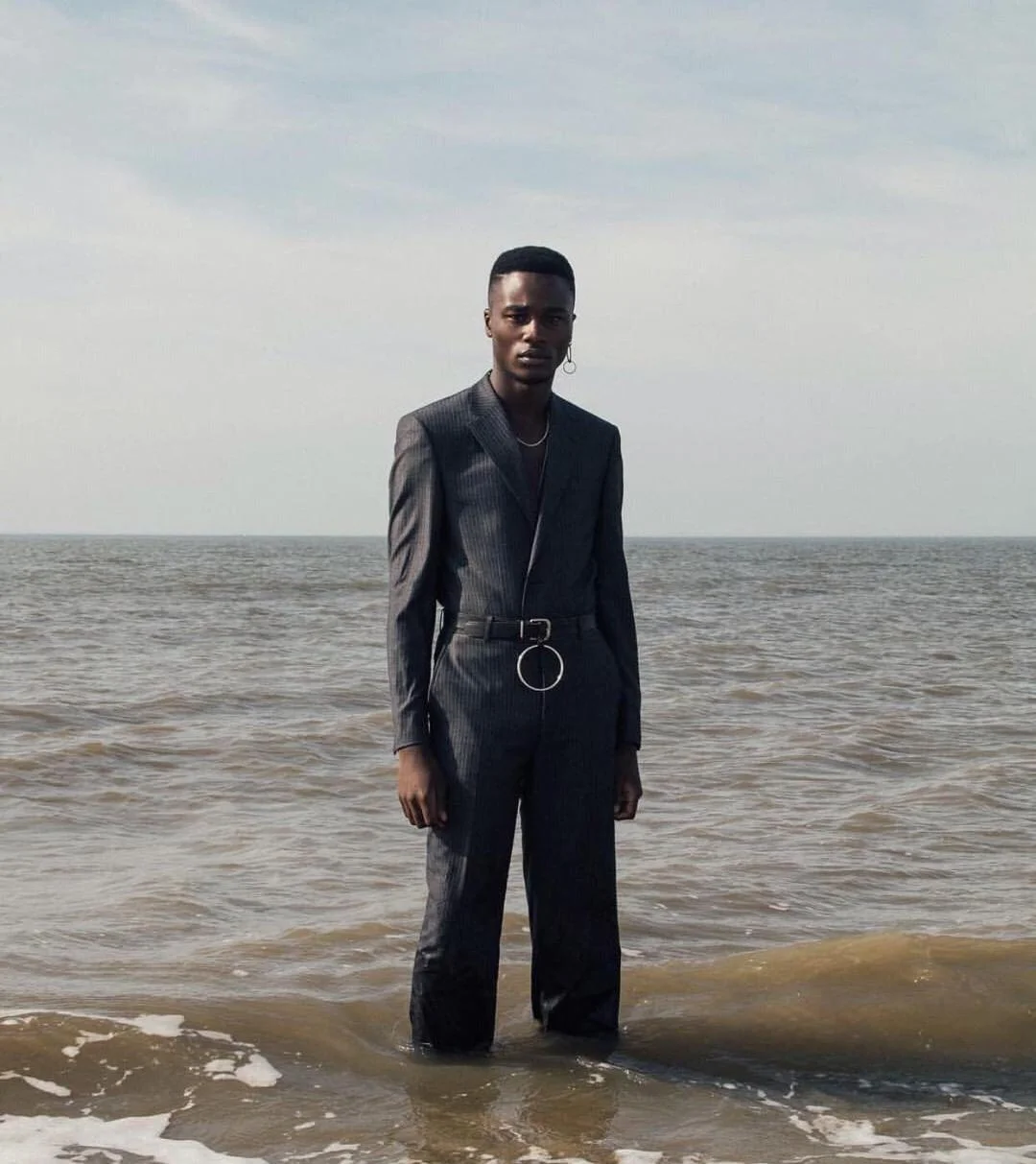David Cronenberg
Videodrome, the "manifesto" of David Cronenberg's cinema. Anomalous, shocking, macabre, a hallucination that visually translates anxieties and fears of modern man who lost the ability and habit of critical control and image verification. Toronto. Canada. Max Renn (Renn stands for Reinassance, rebirth) played by James Woods is one of the co-owners of CIVIC TV, a small broadcaster that offers what other politically and morally correct channels cannot offer: pornography and violence.
Thanks to his technician, he learns of a hyperviolent pirate frequency, which under the name of Videodrome only transmits delirious snuff movies. Previously attracted, then influenced he begins to have hallucinations, becoming then completely dependent. This is where Cronenberg's great intuition lies. He succeeds in capturing the common desire of every spectator: the need for evasion, the nihilistic flirtation with pain to show that something can still be felt but also the sense of displacement that all this entails. Meanwhile Renn takes part in a talk show on the relationship between violence images and reaction of the spectators, where he meet Nicki Brand, an attractive woman who works in radio, and Professor Brian O'Blivion who only talks through his video recordings. Thanks to these recordings he came into contact with Bianca, the daughter of Professor O'Blivion, who runs a cathodic church and carries out the "Cathode Ray Mission", a place where Max will discover that he was used as a guinea pig to study the effects of Videodrome.
Cronenberg arrives, with this film, to a perfect theorem of the image and the tumor relationship between television and viewer, image and subject, reality and representation. More than a rejection of technological and mass-media modernity, the director focuses on the need for the viewer to change radically in the face of what he sees. Here, too, taking much in advance, the tendency (which later became evident throughout the Western world) to subsume reality through what is shown to us by television. The beauty of this film lies in the lucidity with which it visualizes the processes of contamination between the organic and the electronic (fundamental for the Cyberpunk movement), showing a television set that becomes flesh and a flash body that works like a VCR. It raises a question without giving time to understand, it is as elusive as its final, a black hole that swallows everything and does not allow for rationalizations.
Videodrome
director DAVID CRONENBERG
year 1983
director of photography MARK IRWIN
cast JAMES WOODS, SONJA SMITS, DEBORAH HARRY, JACK CRELEY
words SILVIA GAIA MARCELLI
What to read next







